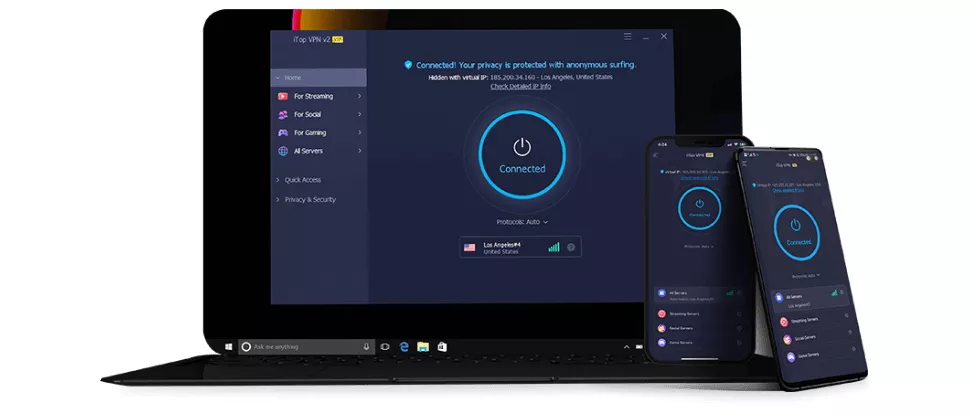Online Scams – Things getting worse as more African opt for Internet services
The number of online scams that targets the financial sector are rising in Africa as more and more people are using mobile banking and online banking services.
Phishing attacks occur mainly in the parts of South Africa where use of online banking is commonly done while in other parts of Africa that has lower internet penetration; mobile money theft is quiet common. Due to increase in online scams, Absa bank, the largest in Sub Saharan Africa made an announcement that to curtail attacks of cyber security, its customer using internet banking services can download software for security.
A phishing attack with the intention of obtaining password and user IDs of Absa customers features a plain unsolicited message that cleverly asks the subscribers to follow the given link and confirm account information. The customers unknowingly get into the trap.
According to Christo Vrey, managing executive with Asba Digital Channels, the online customers of Absa can have free download of Internet Security Pro 2009 by Trend Micro. This software will protect office and home computers against the threats of spyware or viruses. Ever since in 2005 when Absa was bought by Barclays Bank, the phising attacks are on the rise. Main reason for South African consumers facing more phishing attacks is South Africa being the only country in Sub Sahara that can boost of having fairly developed online banking service. Other countries are not offering fully developed online banking services and most of the people are not having bank accounts but still then they are not spared by cyber criminals.
With the increase in internet usage expected due to cheaper bandwidth, the Communication Commission of Kenya has started educating consumers regarding cyber crime and other threats. The SEACOM and East Africa Marine System probably will start their service testing in a month’s time as the region readies itself for cheaper connectivity. Expensive connectivity was the reason for limited internet penetration in the region and non-existence of electronic commerce so cyber criminals were unable to target this region as much as South Africa.
In East Africa cyber criminals use tricks based on mobile phone where users receive fake message that informs the customers of having won money and ask them to transfer certain amount of money through their phone as processing fee. According to online security consultant at Nairobi Tyrus Kamau, the criminals have been using Ugandan or Tanzanian phone numbers which are working through out the region. He is surprised to tell that mobile operators and authorities have not arrested the criminals.
In Nigeria, the scams involved that notorious 419 e-mail in which initially the criminals had a message promising millions of dollars that had been left behind by former African dictators like Sani Abacha and later on changed the content of the email to promises for lucrative contracts in oil. After officials became strict these 419 e-mails slowed down in circulation but criminals found a new field that is mobile technology where it is though to trace them.
Fola Odufuwa, a senior partner with Praxis Partners LLC says that Nigeria is number one country in terms of population in Africa and the crime in this country has developed with time like any other country in the world but the big problem is the most of the GSM operators in this country have failed to create profiles of their customers. In most of the countries about 98 percent of GSM users are using prepaid services and cannot be identified.
The criminals cash on the greed and ignorance of many people living in Africa to make them preys of their criminal activities. The websites built are to lure people and compel them to fill out most confidential details about them.
Online security consultant Kamau says that Kenyan banks with online transaction facility are concerned about the security aspect but banks have lot to do to provide protection to their customers. Kamau further adds that transactions interception is very easy as there are weak Secure Sockets Layer signatures and certificates; this makes online transaction very susceptible. These channels are to be assessed continuously so that there is fool-proof security in commerce and that will help the emerging technology sectors to flourish in Africa.
In addition to financial sector, these cyber criminals are focusing on popular websites that have online transaction facility; especially those dealing with sale of FIFA world cup tickets that is to take place in South Africa next year.
The Sport and Recreation South Africa (SRSA), recently was targeted with hoax e-mails which stated that organization was to give away more than 2 million US dollars to the ticket holders by the way of online lottery that is connected with FIFA World Cup.
For that SRSA had to come out with a statement that though SRSA has to play a key role in 2010 FIFA football World Cup, it is neither supporting any other agency to run a competition that relates to World Cup nor it itself is involved in running any competition by itself.

